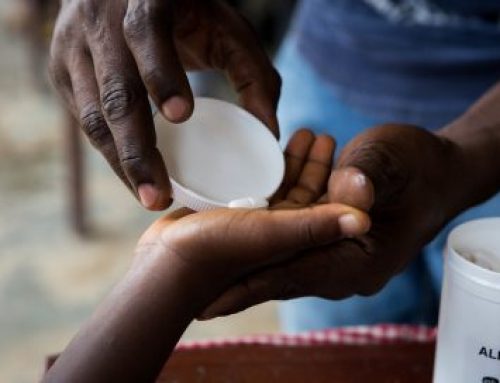Research partners:
- St John’s University of Tanzania (lead institution)
- University of Dar es Salaam, Tanzania
Principal investigator: Professor Faustin Maganga (St John’s University of Tanzania)
Co-principal investigators: Dr Alfred Sebahene (St John’s University of Tanzania) and Dr William Walwa (University of Dar es Salaam)
Summary
Primitive accumulation in low income countries is driven by the fact that many critical assets, in particular land, are low productivity traditional sectors and as a result of their low productivity, their owners do not have the resources to pay for the definition and protection of clear property rights. In spite of Tanzania’s success with good governance reforms in the 1990s, there are critical areas of governance that had not done well. These critical areas include land management and industrial policy and natural resource management. A number of studies have documented the challenges of corruption and primitive accumulation in the land sector in Tanzania. Building on from these previous studies, this project will investigate whether titling can be used as a solution to check corruption and primitive accumulation in the land sector.
Why the land sector?
There is a need to address corruption and primitive accumulation in the land sector through titling to reduce the growing inequality within society. We will address the current research gaps, in the context of different dynamics such as the links that exist among the poor and the elite struggles, the ongoing changing state–business relations, and the interaction of patterns of grand corruption with processes of accumulation within the economy.
The research project
The project will focus on the outcomes of the land formalisation process for smallholders living near large agricultural investments such as sugar cane or rice growing areas of Kilombero District.
The evidence gathered will contribute to the formulation of improved policies and guidelines for the management of land rights and land conflicts in countries with legal pluralism and their incorporation into poverty alleviation strategies.
The research will employ a combination of qualitative and quantitative methods with a gender lens to study the impact of rural land titling in Morogoro and Pwani Regions. We will examine the gendered outcomes of the land titling process. One of the stated objectives of the land-titling programme is to improve women’s land rights.
This research project is one of nine projects from our grants scheme that aim to tackle corruption in the private sector.







